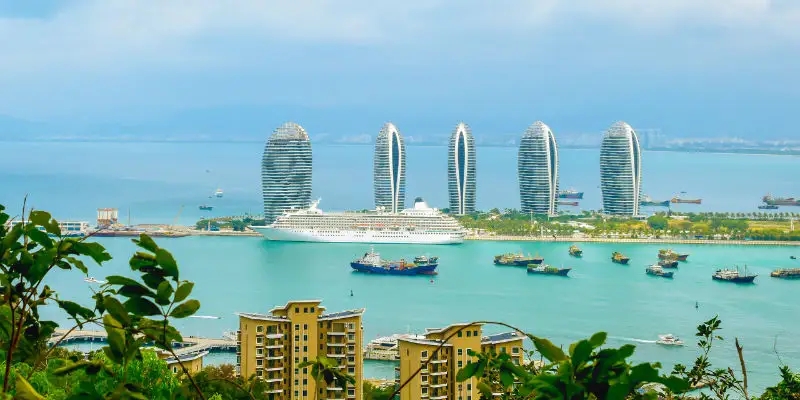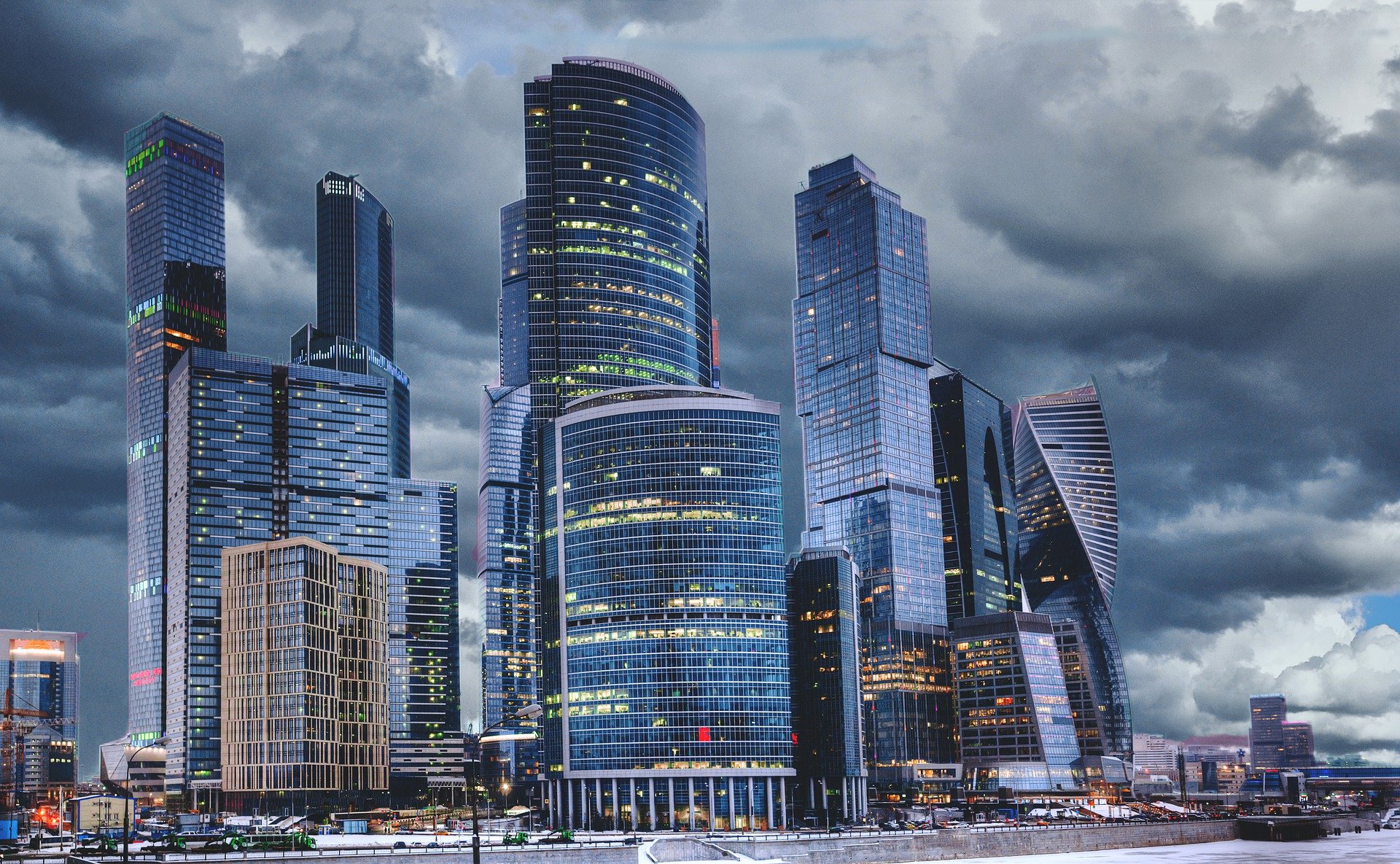China is expected to roll out more measures to attract foreign investors
China is expected to roll out more measures to optimize the business climate and stabilize the expectations of foreign investors to further boost foreign capital inflows into the world's second-largest economy, especially in high-end sectors and central and western regions, according to experts and analysts.
Despite some headwinds, the nation is increasingly attractive to foreign investment, thanks to its growing weight in the global industrial chain, the expanding domestic market and policies facilitating foreign investment, they said, predicting that China will maintain its high level of growth in foreign direct investment throughout the second half of the year.
"Some people are worried that foreign investment may flow out of China due to pressure from countries seeking to reconstruct global industrial and supply chains by excluding China, but recent FDI data again demonstrated China's continued attractiveness to foreign investors," said Wang Jingwen, director of the Macro Research Center affiliated to China Minsheng Bank Research Institute.
"China has incomparable advantages in attracting FDI, both in terms of its economic fundamentals and policy support," he said.
Latest data from the Ministry of Commerce showed that FDI into the nation totaled 723.31 billion yuan ($107.07 billion) in the first half of the year, surging 17.4 percent year-on-year.
The robust growth came amid multiple external and internal challenges and uncertainties, including geopolitical issues and industrial and supply chain inconveniences caused by the recent domestic COVID-19 resurgence.
A meeting of the Political Bureau of the Communist Party of China Central Committee on July 28, presided over by President Xi Jinping, stressed that the nation should create a sound policy and institutional environment for enterprises of different types of ownership.
Xi has also reiterated on many occasions that China's resolve to open up at a high standard will not change, and that China will open still wider to the world.
According to Wang from China Minsheng Bank, the nation will likely further boost foreign investors' confidence through building a more market-oriented and law-based business environment that meets international standards.
China is also expected to roll out more supportive measures to promote the relocation of some industries from coastal areas to central and western regions, he said.
The data from the Ministry of Commerce showed that FDI in the services sector surged 9.2 percent year-on-year in the first half of 2022, to 537 billion yuan, while FDI in the high-tech industry, high-tech manufacturing and high-tech services grew 33.6 percent, 31.1 percent and 34.4 percent, respectively.
Central and western regions have also been performing well in attracting FDI, seeing it rise by 25 percent and 43.9 percent, respectively.
Zhang Yansheng, chief researcher at the China Center for International Economic Exchanges, said that China is expected to propel high-quality development and make more efforts in developing the high-tech manufacturing and services sectors, to create more market opportunities for foreign investors and boost FDI.
That has become especially important as some countries aim to use political pressure to force foreign investors to leave China, he said.
But many foreign business leaders have expressed growing interest in increasing their investment in China.
Hiroshi Hamaguchi, chairman and president of pharmaceutical firm Astellas China, said his company is very optimistic about the development prospects of the Chinese economy. Astellas has upgraded its business strategy to further tap market potential in China, he said.
Bettina Schoen-Behanzin, regional representative for Asia of Freudenberg Group, said more investment in both high-tech manufacturing infrastructure and local research and development facilities has been integrated into the company's long-term approach and innovation strategy in China.
The German conglomerate commissioned the world's largest filter production facility in Foshan, Guangdong province, last year, and will open another factory in southwestern China's Chongqing in 2023 to meet growing demand in the local market.
SurTec, one of Freudenberg's subsidiaries based in Germany, will also inaugurate its new technical center in Hangzhou, Zhejiang province, at the end of this year.



















































First, please LoginComment After ~